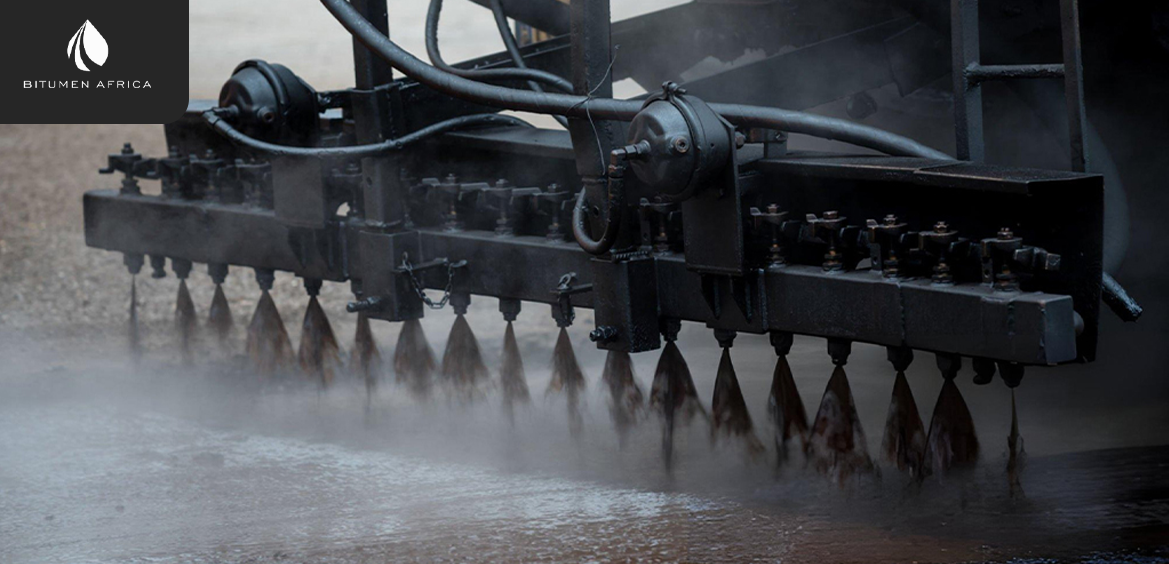Bitumen emulsion is a versatile material widely used in road construction and maintenance. This article explores its composition, applications, and the various grades that are crucial for different climates and construction needs.
What is Bitumen Emulsion?
Bitumen emulsion is a mixture of bitumen, water, and an emulsifying agent. The bitumen is dispersed in water in the form of tiny droplets, stabilized by the emulsifier. This allows the bitumen to be applied at lower temperatures, making it more environmentally friendly and safer to handle.
Applications of Bitumen Emulsion
- Surface Dressing: Bitumen emulsion is commonly used for surface dressing, which involves spraying the emulsion on the road surface and then covering it with aggregate. This provides a protective layer that enhances skid resistance and prolongs the road's life.
- Cold Mix Asphalt: It is used in cold mix asphalt, which is ideal for patching and repairing roads. This method is cost-effective and can be applied without heating the materials.
- Tack Coats: Bitumen emulsion is used as a tack coat between layers of hot mix asphalt. This ensures a strong bond between the layers, preventing slippage and improving the pavement's durability.
- Prime Coats: It is also used as a prime coat on granular bases before laying hot mix asphalt. This helps in binding the base material and reducing dust.
Important Grades of Bitumen Emulsion
The choice of bitumen emulsion grade depends on the specific requirements of the project and the climatic conditions. Here are some important grades:
- VG-10: This grade is suitable for spraying applications and manufacturing bitumen emulsions and modified products. It is ideal for cold climates.
- VG-20: Used for paving in cold climates and high-altitude regions. It provides better performance in low temperatures.
- VG-30: Designed for extra heavy-duty pavements that endure substantial traffic loads. It is often used in place of the 60/70 penetration grade.
- VG-40: Suitable for highly stressed areas such as intersections, toll plazas, and heavy traffic roads. It offers excellent resistance to deformation and cracking.
Benefits of Using Bitumen Emulsion
- Environmental Friendliness: Since it can be applied at lower temperatures, bitumen emulsion reduces energy consumption and emissions.
- Safety: Lower application temperatures make it safer for workers to handle.
- Versatility: It can be used in various applications, from surface dressing to cold mix asphalt.
- Cost-Effectiveness: Bitumen emulsion is often more economical than traditional hot mix asphalt, especially for maintenance and repair work.
Conclusion
Bitumen emulsion is a crucial material in modern road construction and maintenance, offering numerous benefits in terms of safety, environmental impact, and versatility. Understanding the different grades and their applications can help in selecting the right type for specific projects, ensuring durability and performance.

